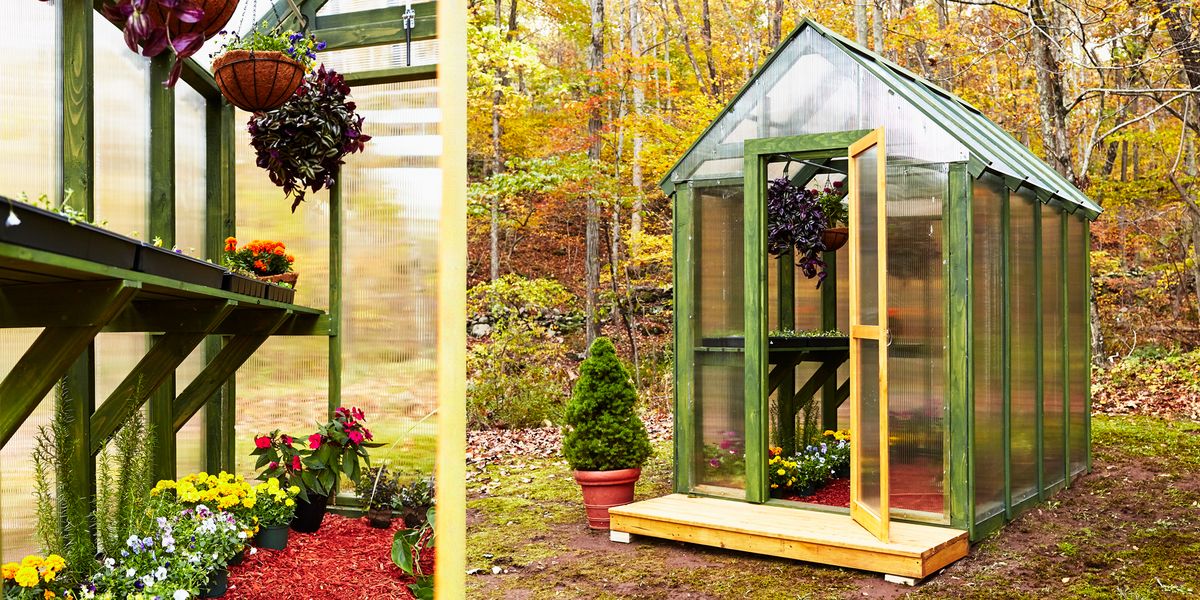Industrial Growing Solutions: Monarch Commercial Greenhouse Utah Innovations
Greenhouse Farming: Making The Most Of Crop Returns and Sustainability
With managed settings and decreased water usage, greenhouse farming uses the perfect option for year-round production of fresh fruit and vegetables. Discover the advantages of greenhouse farming and start gaining the benefits today!
Benefits of Greenhouse Farming
Are you wondering what makes greenhouse farming so helpful? Well, allow me tell you! Among the major benefits of greenhouse farming is the capacity to manage the setting in which crops are expanded. With a greenhouse, you can manipulate aspects like temperature, light, and moisture to enhance plant growth. This indicates that you can expand crops throughout the year, despite the climate conditions outside.
An additional advantage of greenhouse farming is the decrease in water use. By utilizing water extra efficiently, greenhouse farming aids to conserve this valuable source.
Additionally, greenhouse farming permits far better insect and condition administration. With the regulated setting, it is much easier to prevent and manage the spread of illness and pests. This lowers the need for damaging chemicals, making greenhouse-grown crops more secure and much more eco-friendly.
Furthermore, greenhouse farming supplies protection versus severe weather occasions. Crops expanded in greenhouses are secured from heavy rainfall, solid winds, and hailstorms, which can damage or damage outside crops. Monarch Decorative Greenhouse Utah. This security makes certain a much more steady and trusted crop yield, even during unpredictable weather

Making The Most Of Crop Returns With Regulated Atmospheres
To make best use of crop yields in greenhouse farming, you can achieve optimal results by managing the atmosphere. One of the vital benefits of greenhouse farming is the ability to regulate these environmental elements, enabling you to tailor them to the certain demands of each plant. By implementing these controlled environments, you can optimize plant returns and attain regular, top quality produce throughout the year.
Encouraging Sustainability Via Greenhouse Farming
Make the most of sustainability in greenhouse farming by carrying out reliable source monitoring techniques. One key aspect of promoting sustainability is the administration of water usage. By executing systems such as drip irrigation and recirculation, you can substantially lower water wastefulness and make certain that every decline counts. Furthermore, utilizing organic and naturally degradable products for parasite control and fertilizing can aid decrease ecological influence. Integrated Parasite Monitoring (IPM) strategies, for instance, entail using beneficial insects to control pests, reducing the requirement for harmful pesticides. Furthermore, energy usage can be minimized by making use of renewable resource sources, such as solar panels, to power greenhouse operations. This not just reduces dependence on nonrenewable fuel sources but likewise reduces greenhouse gas discharges. Appropriate waste monitoring is another vital aspect in promoting sustainability. Implementing recycling and composting systems can decrease the amount of waste sent out to landfills while additionally offering nutrient-rich compost for plant development. Last but not least, including lasting methods in greenhouse design, such as using energy-efficient materials and optimizing all-natural lighting, can even more enhance sustainability. By adopting these source administration techniques, you can add to an extra sustainable future in greenhouse farming.
Reducing Water Use in Greenhouse Farming
By applying reliable water monitoring techniques, you can significantly decrease water use in greenhouse farming. Furthermore, monitoring and managing the moisture degrees inside the greenhouse can protect against unnecessary water loss. By taking on these water-saving practices, you can lessen water waste, preserve sources, and develop a more sustainable future for greenhouse farming.
Year-Round Manufacturing of Fresh Produce in Greenhouses
You can achieve year-round production of fresh fruit and vegetables in greenhouses by executing reliable cultivation methods. Greenhouses give a controlled setting that enables you to expand plants no matter of the external climate condition. One key technique for year-round production is using synthetic illumination. By supplementing natural sunshine with man-made light, you can extend the growing duration and make sure consistent growth throughout the year. Since they are energy-efficient and supply the ideal range of light for plant growth, led lights are frequently made use of in greenhouses. In addition, correct temperature level control is essential for year-round production. Greenhouses can be geared up with heating and cooling systems to preserve optimal temperatures for different crops. This makes certain that plants can grow even throughout the colder months. One more crucial factor is irrigation. By utilizing advanced watering systems such as drip scutch grass watering or hydroponics, you can efficiently supply water to your plants while decreasing waste. It is important to routinely keep track of and manage diseases and insects. Executing integrated insect administration techniques and practicing excellent hygiene will aid secure your crops and maintain their wellness throughout the year. By carrying out these techniques, you can optimize the productivity of your greenhouse and appreciate a consistent supply of fresh produce all year long.

Final Thought
To conclude, greenhouse farming offers various benefits for maximizing crop yields and advertising sustainability. By making use of controlled environments, farmers can enhance expanding problems and raise performance. In addition, greenhouse farming permits reduced water usage, making it an ecologically friendly option. In addition, the capacity to produce fresh produce year-round in greenhouses guarantees a consistent supply of healthy food. Generally, greenhouse farming is a sustainable and efficient technique for meeting the demands of a growing population while minimizing visit our website environmental impact.
One of the significant advantages of greenhouse farming is the capacity to control the environment in which crops are grown.To make the most of crop returns in greenhouse farming, you can attain optimum results by regulating the atmosphere. One of the essential advantages of greenhouse farming is the capability to manage these ecological aspects, allowing you to tailor them to the particular needs of each crop.By implementing reliable water administration methods, you can substantially decrease water use in greenhouse farming.In conclusion, greenhouse farming gives countless advantages my blog for making best use of crop yields and advertising sustainability.